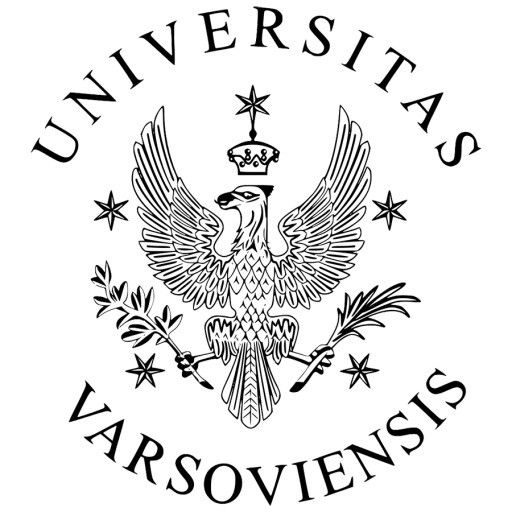
UNIVERSITY OF WARSAW | POLAND
- Krakowskie Przedmieście 26/28, 00-927 Warszawa, Poland
- Visit University Websites
- University Type: Public
- Famous For : Research oriented teaching




Warsaw University, founded in 1816, is Poland’s largest University. It was founded as a Regal University on November 19, 1816, when Poland’s allotments separated Warsaw from Krakow’s most seasoned and appealing institution. As Poland’s Partitions separated Warsaw from Krakow’s oldest and most prominent institution, it was formed as a Royal University on November 19, 1816. We teach students how to get permanent residency in Poland, obtain a Residence Permit Card in Poland, learn the monthly cost of living in Poland, learn about health insurance companies for Poland student visas, and establish a bank account in Poland’s Polish transit system.
The University of Warsaw’s main campus is in the city center. It has numerous ancient palaces, most nationalized in the nineteenth century. Kazimierzowski Palace, Uruski Palace, the Old Library, the Main School, and Auditorium Maximum are the prominent structures. Shopnotour for Students arrange student visas to Poland from Bangladesh.
Famous Graduates include
Integrating teaching and research is one of the University’s guiding ideals.
The city of learning
The University is situated in Poland’s capital.
There are 26 English-language programs.
Biology, Chemistry, Economic Sciences, Education, Geography and Regional Studies, Geology, History, Law and Administration, Journalism, Information and Bibliology, Management, Mathematics, Informatics and Mechanics, Modern Languages, Oriental Studies, Philosophy and Sociology, Physics, Political Science and International Studies, Polish Studies, Psychology
Undergraduate: 3,000–3,500 Euros
Postgraduate: 2,850 to 4,000 Euro
Valid travel documentation (Passport)
Curriculum Vitae (CV) (Detail Address, Phone Number, Email & Skype ID)
Two reliable references with email and phone numbers
SSC and HSC results with 80% mark Degree results with 80% marks English Proficiency Certificate (IELTS 7.0 or above or TOEFL 565 or above)
Work Experience Statement of Purpose/Motivational Letter (If require)
The cost of admission is 20,000/=.
Contact Us
Shopno Tour
01958553912-4
Studying abroad offers several benefits, including exposure to new cultures and ways of thinking, the opportunity to learn a new language, the chance to gain international experience and make global connections, and the potential to boost your career prospects.
The admission requirements for studying abroad vary depending on the country and the institution you are applying to. Generally, you will need to provide academic transcripts, proof of English language proficiency (such as TOEFL or IELTS scores), letters of recommendation, and a personal statement or essay.
When choosing a study abroad program, consider factors such as the location, academic reputation of the institution, program offerings, cost, and support services available to international students.
The process for applying for a student visa varies depending on the country you are applying to. Generally, you will need to provide proof of admission to a recognized educational institution, evidence of financial support, and a valid passport. You may also need to attend an interview at the consulate or embassy.
Studying abroad can be expensive, but there are several options for financing your education, including scholarships, grants, student loans, and part-time work. It is important to research and apply for funding opportunities early in the application process.
To prepare for studying abroad, make sure you have all the necessary documentation, including a valid passport and student visa. Research the culture and customs of the country you will be visiting, and consider learning some of the local language. Connect with other students who will be studying abroad to build a support network, and make sure you have sufficient funds to cover your living expenses.
The process for finding housing while studying abroad varies depending on the country and the institution you are attending. Many institutions offer on-campus housing options, while others may provide assistance in finding off-campus accommodations. It is important to research your options and make arrangements well in advance of your departure.
Many institutions provide support services to international students, such as language classes, cultural activities, academic advising, and counseling services. It is important to take advantage of these resources to help you adjust to your new environment and succeed academically.
